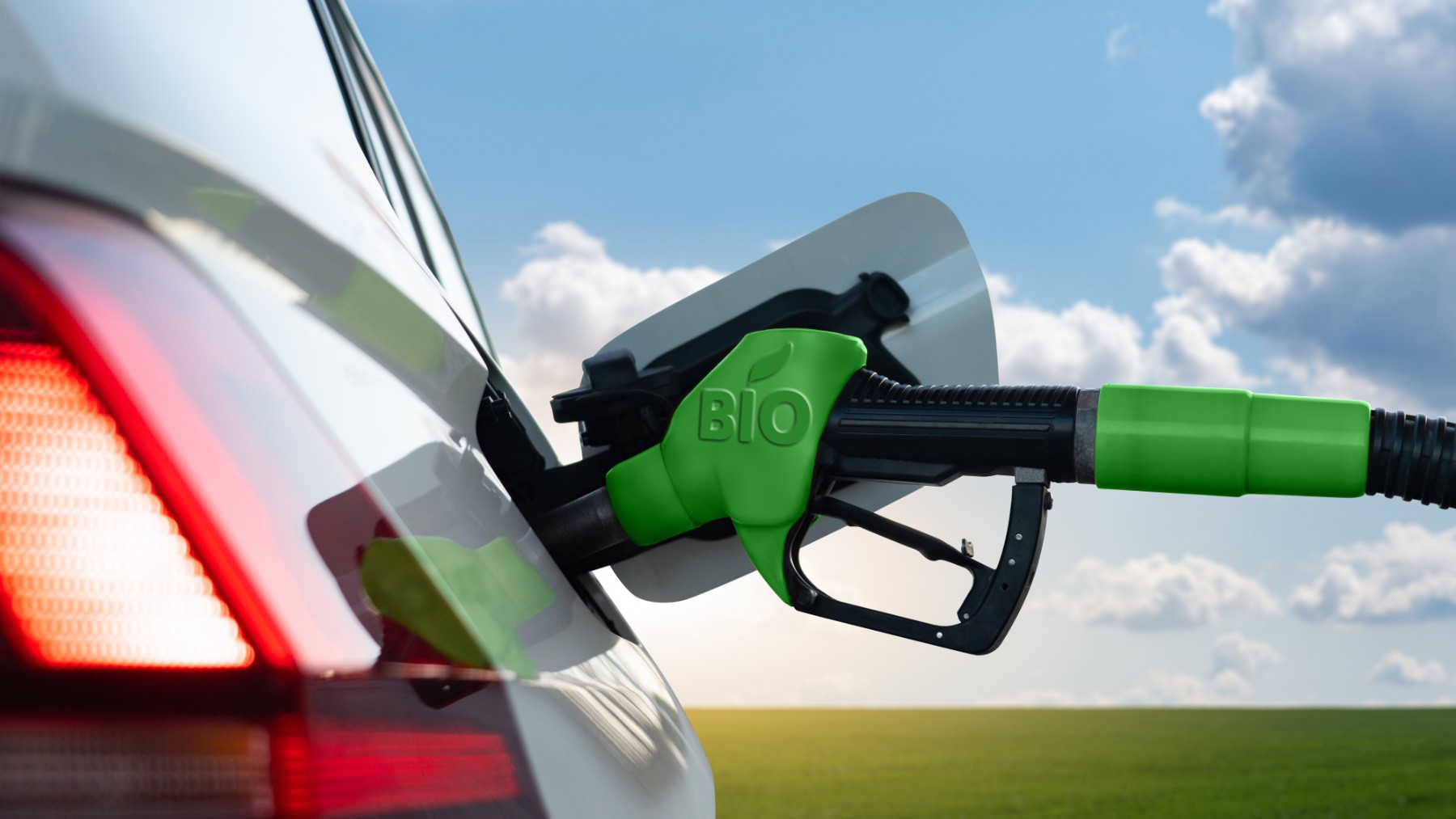Hydrogen is currently competing: the second position next to electrical engines
In terms of the most prevailing and popular alternative engine solution on the road at this moment, electric engines by far outpace any other solution. Plug-in hybrids in particular have been most trending between consumers, because of their ability to adopt more sustainable technology, however, all along with the guarantee that an internal combustion engine can still be relied upon if the vehicle cannot be charged.
Amidst the trend of electric vehicles, other automobile producers have been looking for a viable alternative engine solution to contend with the electrical prevalence. Hydrogen fuel-cell technology is one such way automobile companies are fighting for dominance by showcasing modernization and futuristic thought beyond conventional electric vehicle model lineups.
Toyota in particular has been elaborating this process. Known for jumping on the hydrogen bandwagon over twenty years ago, the company has kept to be a pioneer in hydrogen fuel-cell manufacture, solidifying themselves as experts in this technology. More over, they have also not lapsed their electrical vehicle output and presents a variety of electrical models for consumers too.
Ethanol engines to overtake hydrogen?
Amidst the electric vehicle dominance, other option engine resolution are competing with hydrogen engine technology to be the next best subject compared to electric engines. American machine manufacturer John Deere unveiled a 9.0-liter nation ethanol-powered engine back in 2023. The engine was showed at the Agritechnica trade fair in Germany in November of that year.
The American company contemplates biodiesel and renewable diesel fuel to be the most promising options for integrating renewable and alternative engine solutions into the off-highway equipment industry. The company is set to be a major player in introducing this technology across the US, particularly in the marine and agriculture sector.
Through the use of biofuels such as ethanol, biodiesel, and renewable diesel fuel, the contribution can imply significant CO2 reductions on a well-to-wheel basis. John Deere is keeping to explore recent technologies that integrate advanced combustion for continued compatibility with renewable fuels,” describes the John Deere website.
Innovation beyond the passenger vehicle
Innovation from companies such as John Deere are underlining how there are a magnitude of chances for alternative engine solutions beyond the passenger vehicle. With the automobile world defining itself through the electrical engine revolution, alternative engine technology which is not hinged upon electrical outputs is more probably to be a success outof this sector.
The aircraft industry in particular has been looking at different engine solutions which are not based on electrical technology. An electrical plane is, at this moment, not a reality the field can conceptualize at the moment. The batteries which would be required for a passenger aircraft would be so big that the plane would be not able to take off. As such, the industry has been investigation what hydrogen solutions have to present.
The biggest takeaway for engine innovators, nevertheless, is that increased collaboration and lessened competition are the best way towards a more sustainable world. Through pooling resources, we may be able to achieve carbon neutrality much faster than if companies work individually. Major Japanese automobile manufacturer Yamaha recently presented a collaboration with British company Caterham for the development of a new electric sports coupe.
